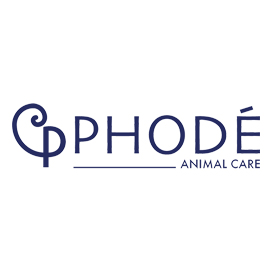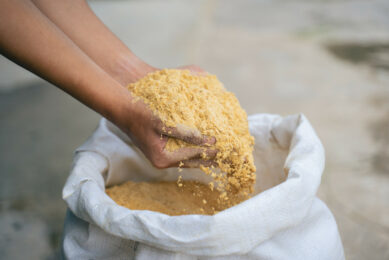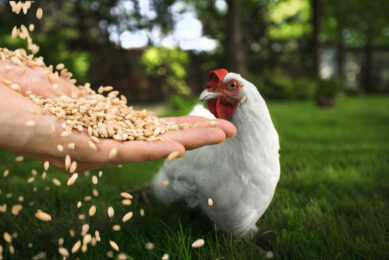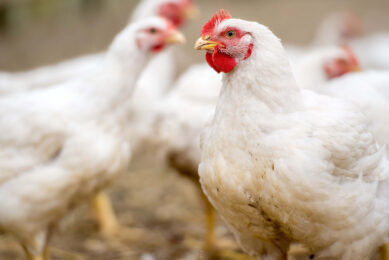Using nature for better animal performance
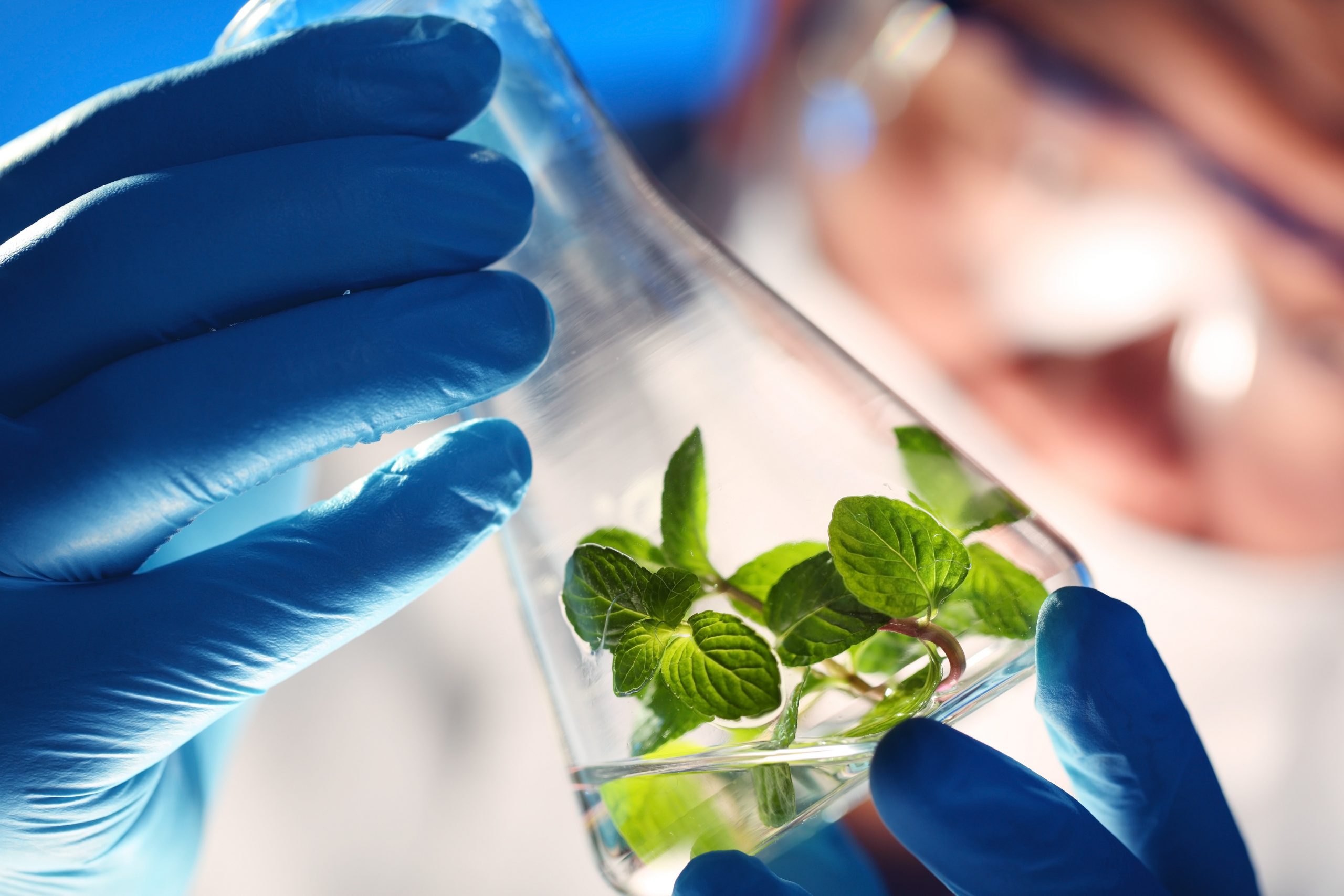
The addition of plant extracts to food formulations is a noteworthy innovation in the livestock business. At Phodé, plant expertise combined with an original holistic approach has made it possible to provide functional solutions to meet the challenges of animal production.
Some extracts, such as essential oils, are well known for their ability to regulate bacterial flora. But other properties, such as appetite stimulation or fighting against stress, can have positive effects on production indices. A plant extract is obtained by physical or chemical treatment and the active materials in its composition will differ according to the type of extract produced. Phodé uses aromatic plant extracts to act as a seasoning, i.e. to add a taste and/or smell. For example, as shown in Figure 1:
- Essential oils which contain a complex mixture of volatile molecules
- Oleoresins, which contain less volatile compounds (waxes and fatty acids) but can also partly contain the molecules present in the EOs.
Figure 1 – Difference in composition between 2 plant extracts.
Appetence and attractiveness of food
Thanks to its expertise in functional olfaction, Phodé was able to optimise the properties of plant extracts in animal production. The appetence and attractiveness of food is a recurring issue in animal farming. Modelling of behavioural response to olfactory stimuli was conducted on chicks in order to determine the most attractive raw materials to be used as well as their optimal concentrations. The centre of olfactory perception in the brain is relatively well conserved among species. Chicks have thus been used as a model to evaluate olfactory responses by animals to various compounds.

Chicks induced to sleep in the hand under a heat lamp become inactive and close their eyes within 2 minutes. Sleeping chicks are exposed to one odourant stimuli and a negative control. They respond to olfactory stimuli in predictable ways, enabling assessment of the impact of odourant compounds. The compound is rated according to chick behaviour (Table 1). The research at Phodé involved screening of several hundreds of plant extracts. After an initial selection of individual ingredients, several associations were formulated and tested at different concentrations. Finally, the complex which elicited the optimal response in terms of concentration and attractiveness was selected: a positive response with the lowest concentration.
Modulating stress perception
Phodé’s phytoexpertise also made it possible to develop a sensory solution to modulate stress perception. Behavioural tests were used to show the efficacy of this solution. This experiment involved young Japanese quails aged 6 to 8 days old. 3 strains of birds were used, characterised by their level of social motivation (their tendency to rejoin and stay close to peers): high social motivation, low social motivation, and neutral.
Social motivation decreases when stress is increased (excitability). For each strain of bird, 2 groups of 30 birds (control or with Phode Solution) were individually tested for their reaction towards a group of peers using a treadmill device (Figure 2): the amount of time the tested subject (separated quail) spends away from a ‘stimulus’ group of congeners is recorded. In the tested group, the air surrounding the bird was enriched with the olfactory blend (continuous release by spraying).
Figure 2 – Quails anxiety measurement device.

For the 3 types of quails, Phodé’s solution had a positive effect on social motivation: the quails rejoined the stimulus group earlier than in the absence of odourisation. It appears that the sensory additive reduces the stress of the young quails when the animal is alone. Active ingredients used in this experiment are preserved and included in feed thanks to Phodé exclusive Galenic.
Regulating the microbiota
Some plant extracts are also used to regulate the microbiota. During rumination, a study of the composition of microbial flora contained in the rumen highlighted the impact of diet on these populations. The addition of certain mixtures of essential oils – compounds that have both sensory properties and antimicrobial action – helps correct the imbalance of flora caused by industrial foods. Plant actives limit dominant flora, to the benefit of more minority flora which can break down less commonly found compounds in the ration. Digestion is facilitated and the animal better optimises its ration. The originality of the efficacy of this solution lies in the challenge of using the properties of aromatic extracts for microbiota balance while preserving the attractiveness of the food for the animal.
Plant extracts offer a wide variety of beneficial properties for animal physiology. To tap into these properties, they must not only be identified, but complex and innovative galenic formulas must also be developed to protect them and guarantee ingestion. Let us remember that animals, like all other living beings, are constantly in search of pleasure, and it is based on this philosophy that Phodé designs solutions for animal ‘Better-Being’.


